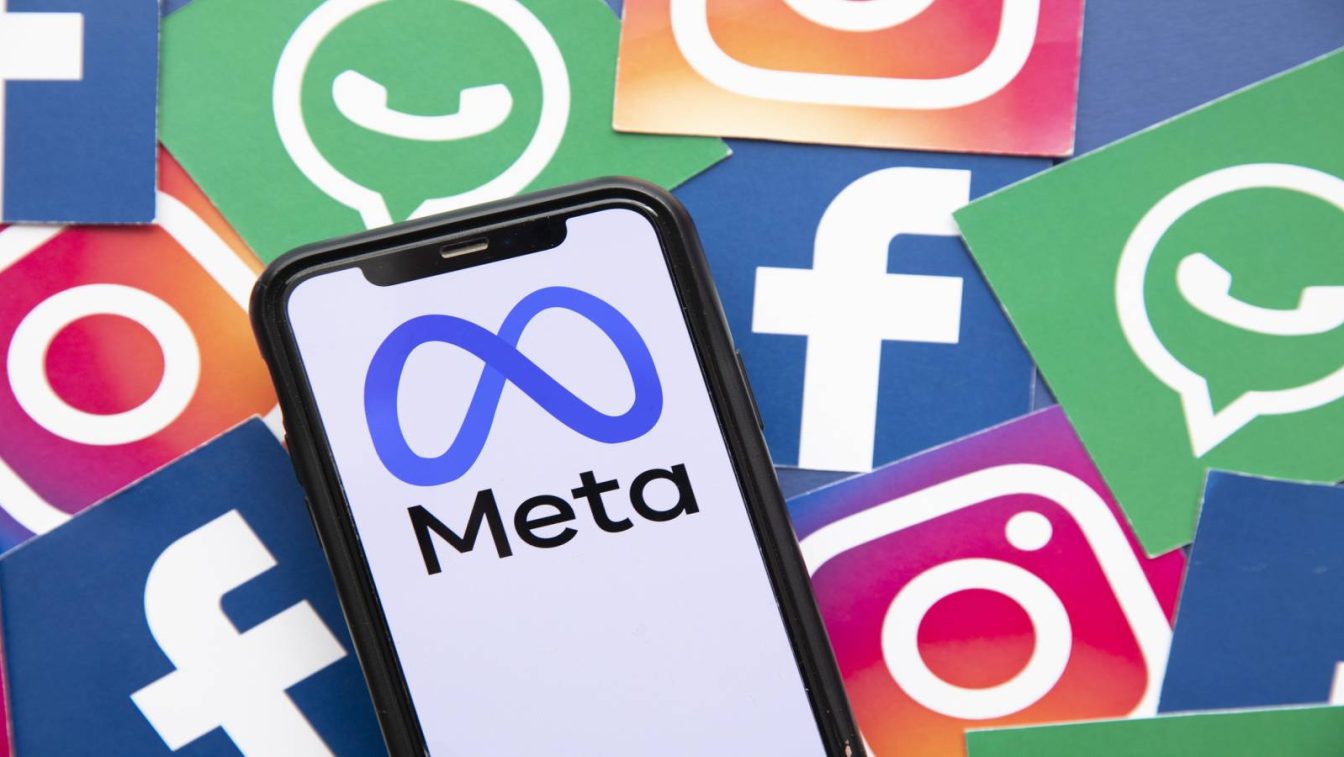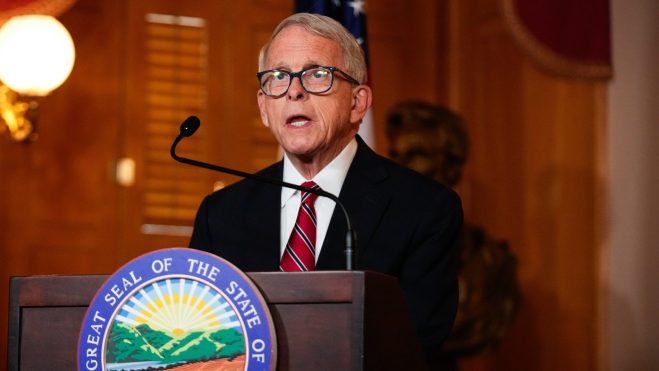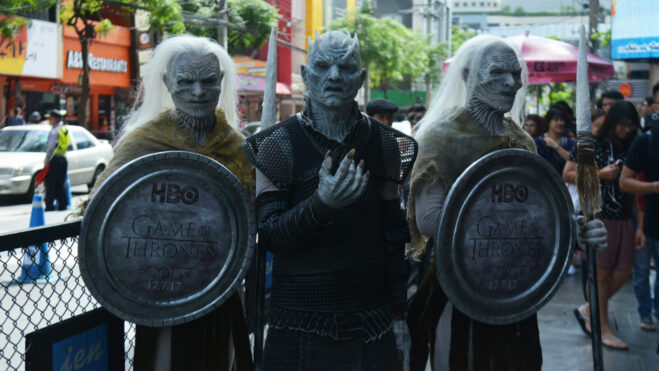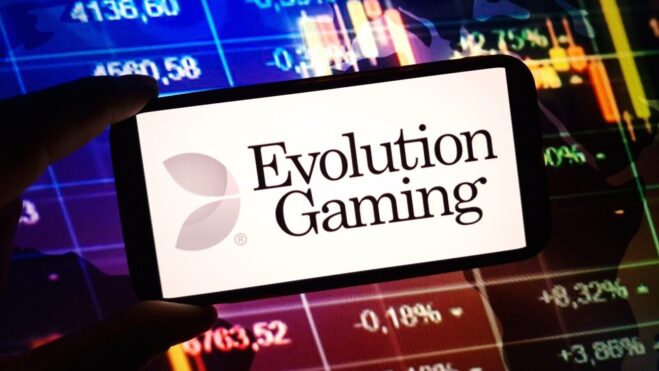Apple, Google, Meta Social Casino Lawsuits To Continue
A judge refused to toss lawsuits claiming Silicon Valley giants profited from illegal gambling apps
1 min
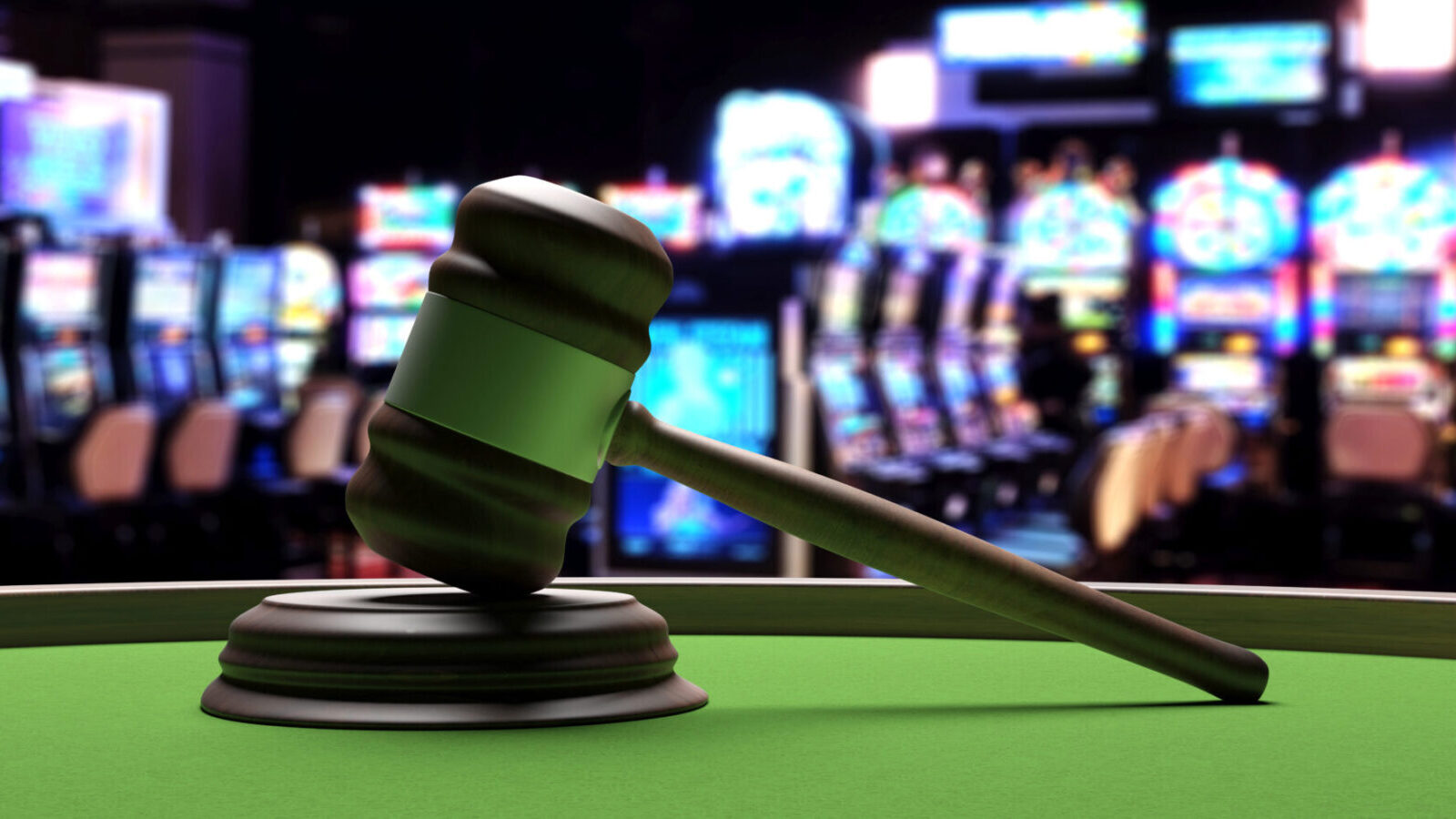
In a setback for Silicon Valley’s biggest companies, U.S. District Court Judge Edward Davila on Tuesday refused to toss out lawsuits accusing Apple, Google, and Meta of profiting from illegal gambling through “social casino” apps.
The companies had argued they were shielded by Section 230 of the Communications Decency Act, a 1996 law that generally prevents online platforms from being sued over content created by others. Davila said that protection doesn’t apply when the claims focus on financial transactions rather than speech. In his 37-page order, he wrote that the “crux” of the plaintiffs’ case is that the platforms improperly processed payments for the casino-style apps.
“It is beside the point,” he added, according to a news report by Reuters, “whether that activity turns defendants into bookies or brokers.”
The lawsuits, first filed in 2021, accuse the companies of promoting an “authentic Vegas-style” slots experience on the App Store, Google Play, and Facebook. Plaintiffs say the apps kept users hooked and triggered depression, suicidal thoughts, and other harms, while Apple, Google, and Meta collected 30% commissions on every purchase. Those cuts are estimated to have generated more than $2 billion in revenue. Dozens of consumers are named as plaintiffs across the cases.
Davila dismissed some allegations tied to specific state statutes but allowed most consumer protection claims to move forward, with the exception of those under California law. That means the bulk of the litigation remains alive.
Appeal likely
The judge also gave the companies permission to seek an immediate appeal to the 9th U.S. Circuit Court of Appeals, citing the significance of the Section 230 questions. The 9th Circuit had rejected an earlier appeal attempt in May 2024 on jurisdictional grounds.
The ruling adds to growing pressure on Section 230. A decision by the appeals court could shape the future of app-store oversight and determine whether tech giants can continue to profit from casino-style games without facing liability.
According to Reuters, Apple and Meta did not immediately respond to requests for comment. Google, a unit of Alphabet, also declined to comment. Attorneys for the plaintiffs likewise did not respond.


